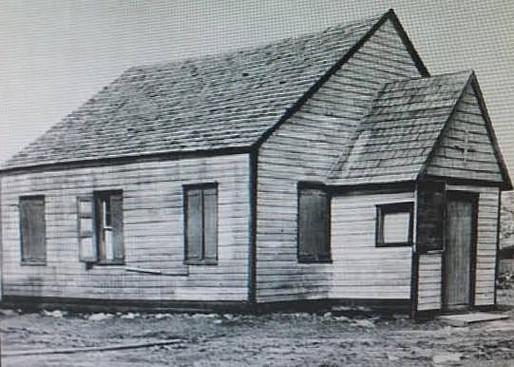
A site in Queens home to the United African Society of Newtown, the first community of free African Americans founded in New York State, is currently being marketed by real estate entity Cushman & Wakefield for $13.8 million as a development opportunity.
What's left of the 1828 community now exists on a mid-block plot of undeveloped land that contains, among other elements, a cemetery holding at least 300 graves. The community was founded the year after New York State abolished slavery in 1827. The site was once home to the Union African Church, a modest frame structure that served the community and administered the cemetery. According to 6sqft, construction workers in 2011 discovered the remains of Martha Peterson, a formerly-enslaved person who died in the 1850s from smallpox.

The nonprofit Elmhurst History & Cemeteries Preservation Society (EHCPS) is working to preserve and landmark the settlement and its graveyard, despite the fact that a separate developer, Song Liu, filed permits for a five-story mixed-use building there in 2018.
EHCPS President Marialena Giampino told The Rego-Forest Preservation Council in 2018, “The first step is to protect the burial ground as is, so it can be officially recognized for its sensitive and important history, as well as a respected final resting place of the freed and free African American community of Newtown,” adding, “We are also nominating the site for the State & National Register of Historic Places to be considered as a State and National Landmark.”
Though New York City's Landmarks Preservation Commission is still reviewing the landmark application, the entity has already designated the property as an archeological site. The status means that, at the very least, the site will be subject to "documentary analysis" to determine any potential project's expected impacts on significant archeological elements.
As part of this review, the LPC could require the owner to perform certain forms of mitigation on the site, including requiring that the building's design avoid disturbing the archeological elements. The LPC could also require "archaeologically excavating, studying, curating, and storing the resources and sharing what has been learned with the public and the research community," according to the New York City's archeological guidelines.
No Comments
Block this user
Are you sure you want to block this user and hide all related comments throughout the site?
Archinect
This is your first comment on Archinect. Your comment will be visible once approved.